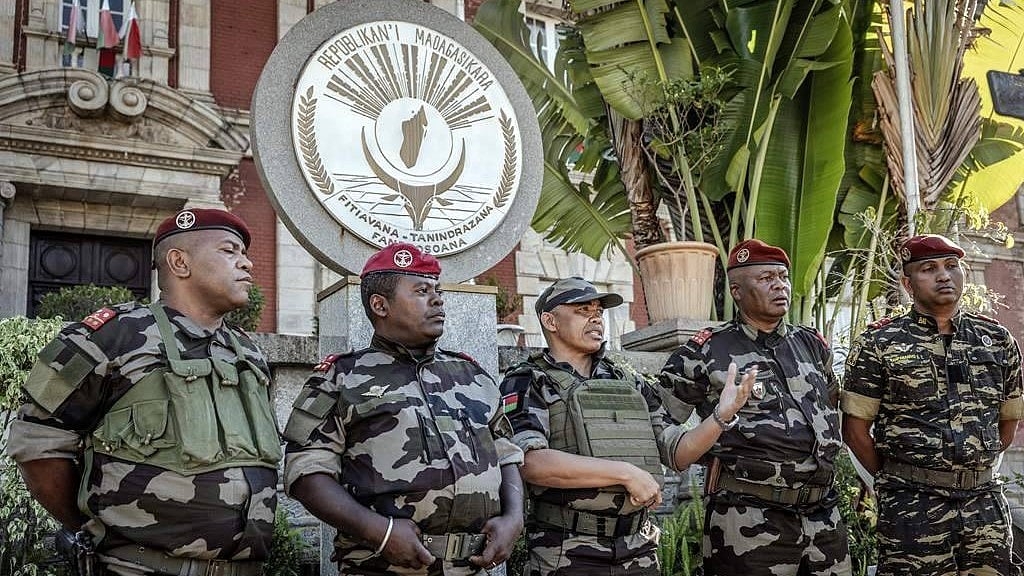By quashing multiple FIRs against officials of a private university accused of illegal conversion, the Supreme Court has raised serious questions on the Uttar Pradesh Prohibition of Unlawful Conversion of Religion Act, 2021. Stating that the law cannot be ‘allowed to be made a tool of harassment of innocent persons’, a bench of Justices JB Pardiwala and Manoj Misra pulled up the prosecuting agencies for acting on their ‘whims and fancies’ and on the basis of ‘completely incredulous material’. The vice chancellor, director, and three other officials of the Sam Higginbottom University of Agriculture, Technology and Sciences, which was earlier known as the Allahabad Agricultural Institute, who were faced with a criminal case of religious conversion and got no relief from the Allahabad High Court, had moved the Supreme Court. A key provision of the 2021 law was that no third party could initiate a complaint, and only a relative could complain about illegal conversion. This law was amended in 2024 to allow anyone to file a complaint. The petitions heard by the Supreme Court concerned six FIRs lodged between December 2021 and January 2023 under various provisions of the IPC and the UP law. One of the FIRs was registered on 15 April 2022, at Kotwali police station in Fatehpur district on the basis of a complaint by Himanshu Dixit, the vice-president of Vishwa Hindu Parishad, alleging the conversion of 90 Hindus to Christianity. The top court said merely organising religious events or engaging in charitable activities did not amount to a criminal offence either under the UP law or the IPC. It said no irregularity in foreign funding of the organisation had been pointed out. Moreover, there were relevant laws to deal with erring organisations, but none had been invoked. The court said other FIRs repeated the same allegations. They were ‘mechanically reproduced’ with identical wording and identical mistakes. In one instance, two witnesses said their names were changed from ‘Rajesh Kumar Dwivedi’ to ‘Rajesh Kumar Samson’, yet they were two different individuals.

This ruling of the top court will have far-reaching implications for UP, as several cases have been registered under the anti-conversion law and could now be challenged. The law has often been used as a tool to victimise the minorities, but FIRs will now have to stand up to greater scrutiny. Vigilantism in the name of Hindu pride will not be allowed to terrorise innocent people practising their faith, a fundamental right of every Indian. The recent incident of two Kerala nuns being arrested for alleged trafficking in Chhattisgarh is a case in point. The apex court ruling comes as a welcome breather in a state where the minorities live in constant fear of the authorities and the bulldozer.






